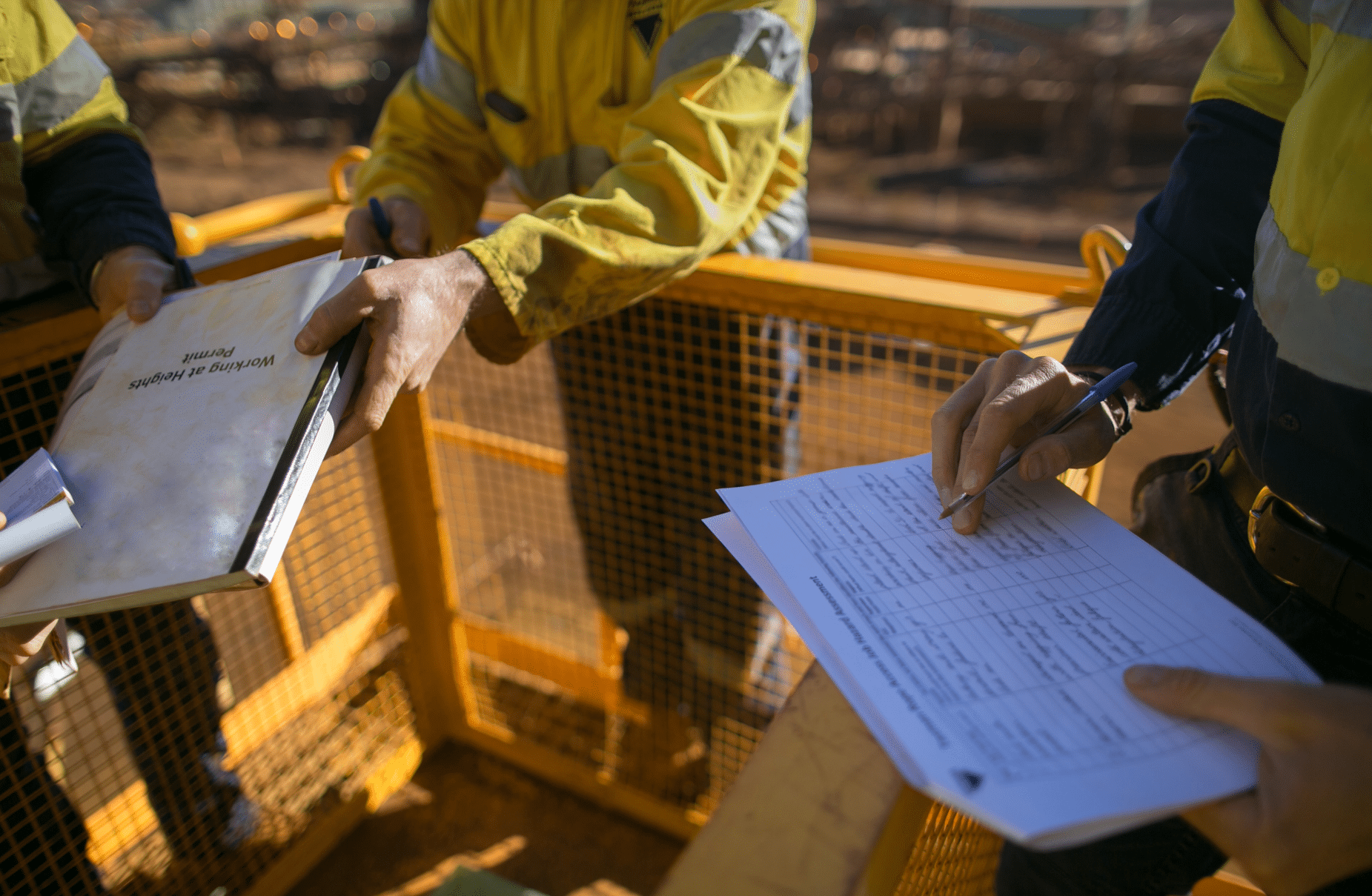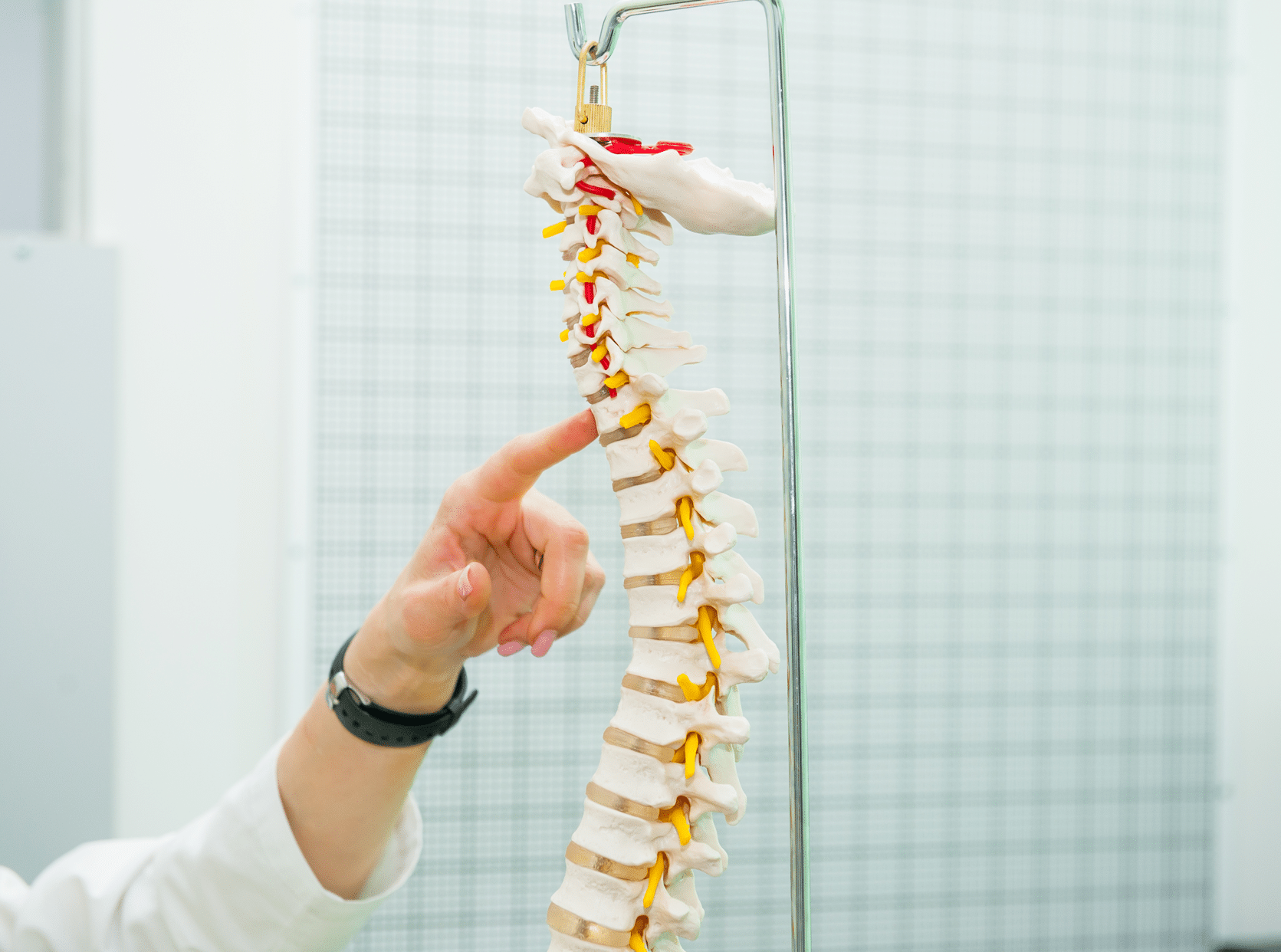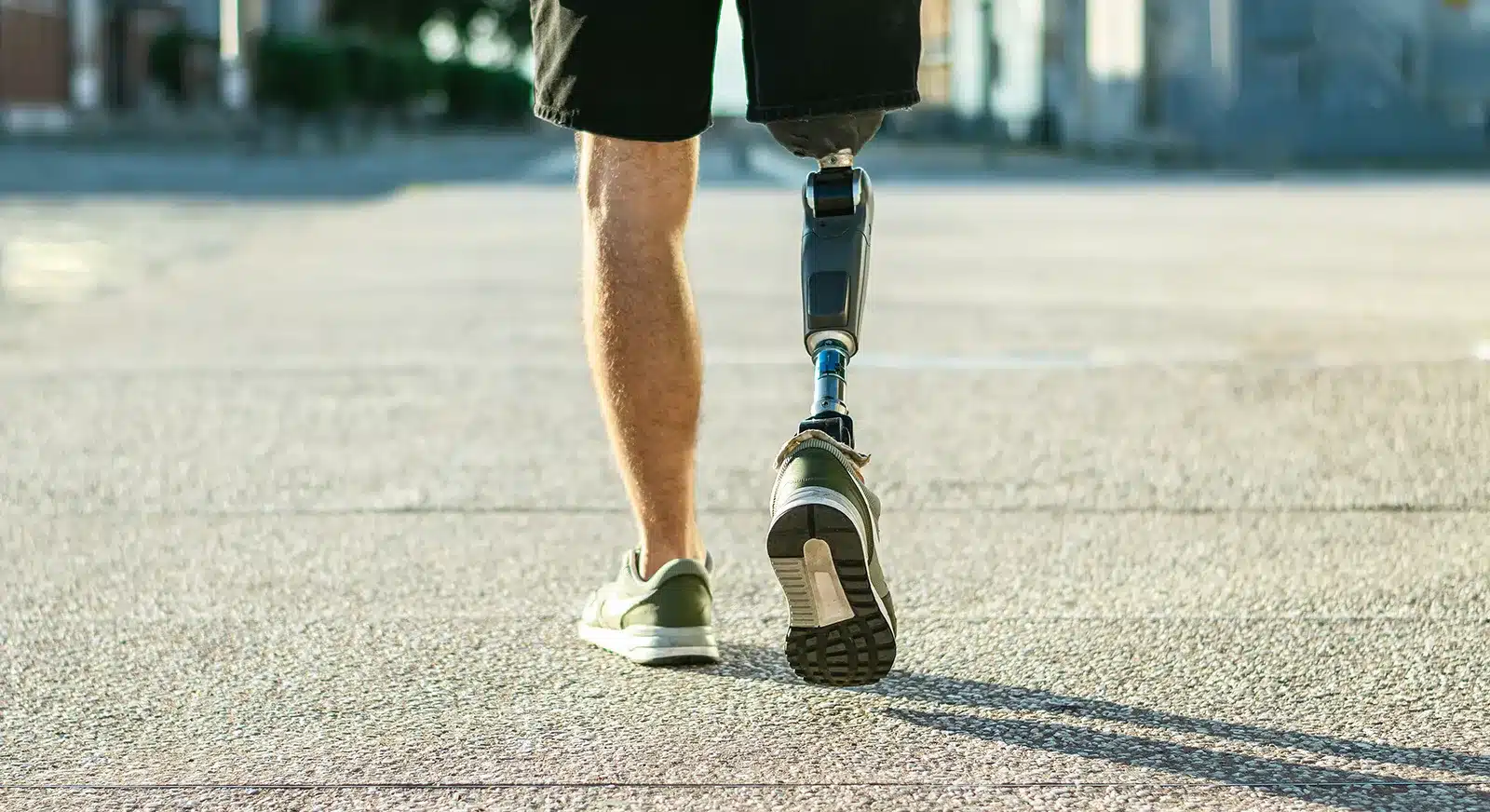The risks of accidents and personal injury are present in any job you care to name.
But warehouses, as a workplace, have a number of unique safety challenges; their size, the diverse array of storage methods, and the close proximity of workers to machinery, heavy objects, and potentially hazardous substances, all contribute to the dangers workers face when carrying out their jobs.
If you were injured in an accident at work, and your employer did not do enough to keep you safe, you may be able to make a personal injury claim.
In this blog, we’ll look at some of the ways a personal injury can result from warehouse accidents, and when you might be able to make a claim.
Common causes of warehouse accidents
Forklifts are a notoriously common cause of warehouse injuries as there are so many ways they can cause accidents – especially if safe systems of work are not put in place or enforced.
Warehouse roles can also involve employees working night shifts, which increase the chances of accidents happening.
Other common causes include:
- Falling from height
- Being struck by falling objects
- Manual handling injuries
- Collisions with moving vehicles
- Chemical or electrical burns
- Slips and trips
Unfortunately, warehouses accidents can also prove fatal. The Health and Safety Executive states that 135 people were killed in work-related accidents in 2022/23. Looking at the figures, broken down by the kind of accident, it is clear that many of them are situations that could easily occur in a warehouse.
We wrote another blog recently which covered some serious workplace accidents that were subject to HSE investigations, including a severe crushing injury that occurred in a warehouse.
With such tragic consequences possible from warehouse accidents, it is important to be aware of what employers have to do to keep their workers protected.
Your employer’s obligations
There are many sides to an employer’s duty of care towards their workers. In general, they have to do everything reasonably possible to prevent their staff from being injured at work.
As part of this duty, some of the key obligations are to:
- Conduct risk assessments of the workplace and the work which is carried out – to identify any dangers involved
- Implement and enforce safe systems of work
- Ensure that the work environment is as free from hazards and unhealthy conditions as possible
- Provide appropriate staff training and equipment, including Personal Protective Equipment (or PPE) which is fit for purpose
- Ensure there is sufficient supervision where appropriate
There are many other health and safety regulations which may be relevant, including some more specific obligations which may be applicable in your situation.
For example, if dangerous chemicals are being stored in the warehouse, the Control of Substances Hazardous to Health Regulations 2002 will apply – in addition to other more general health and safety regulations. And breaches of any of these applicable regulations which result in an injury will likely form a strong basis for a personal injury claim.
Making a personal injury claim
If you have been injured in a warehouse accident and you suspect it resulted from your employer failing to meet their obligations towards protecting your health and safety, you should seek legal assistance to find out more about your rights to compensation.
The aftermath of a workplace injury can be a confusing and distressing time. Our blog on the 12 things you must do when you have had an accident at work may be helpful in giving you some reassuring guidance on the steps you can take.
And if you would like to discuss your circumstances with our friendly and knowledgeable personal injury lawyers, please do not hesitate to get in contact with us.
Further Reading
From one of the UK’s most read legal blogs.










